To protect the District of Columbia, it might be necessary to eliminate the District of Columbia — and merge it into the neighboring state of Maryland. It’s an idea that many people think makes eminent practical sense in the name of running the city. Yet it’s only in the air right now because of dramatic political reversals in the age of Donald Trump.
Exactly four years ago this week, the House of Representatives passed a bill to make D.C. America’s 51st state, bringing the nation’s capital tantalizingly close to a civil rights-era dream. Today, by contrast, the city is reduced to begging Congress for permission to spend its own money to balance the books. Mayor Muriel Bowser this week announced plans for drastic budget cuts.
It was just the latest humiliation. Since January, Trump has mused about a takeover and Hill Republicans have sought to end democratically elected local government altogether. Desperate to preserve some shred of home rule for their 700,000 citizens, D.C.’s leadership has placated the GOP on everything from ripping up a Black Lives Matter street mural to investigating anti-DOGE graffiti as a hate crime.
The fear is epic: When the president posted a bizarre AI video depicting a Trumpified Gaza, one city source told me, colleagues worried they’d be next.
In this environment, no one is talking seriously about statehood. Or, at least, they’re not talking about 51st statehood. But the alarm over democracy and self-government has spurred a taboo-breaking and weirdly refreshing conversation about returning the 68-square-mile federal city to the 7th state: Maryland, which ceded the land to the fledgling United States back in 1790.
Retrocession, as the idea is called, would be a 21st-century version of something that happened in the 1840s, when the rest of the original District of Columbia rejoined Virginia. Today, those 30-odd square miles are known as Arlington and Alexandria. And their fully enfranchised residents never have to worry about culture warriors from Georgia or Utah screwing around with their traffic rules, abortion rights or school budgets.
For years, rejoining Maryland has been taboo among local die-hards. According to dogma dating back to the Civil Rights Movement, statehood is the one true way to rectify the mistreatment of a historically disenfranchised city — and snag a couple of Senate votes, too. But the current sense of crisis is such that one of the House’s foremost Democratic D.C. supporters recently shocked the local establishment by pronouncing himself retrocession-friendly.
“I saw Mayor Bowser and I said if you guys want to think about coming back to Maryland for this period, you will definitely be safer in the Free State than you will be under the brutal thumb of MAGA colonialism,” Maryland Democratic Rep. Jamie Raskin, a D.C. native and longtime statehood proponent, told me last month. Coming from a progressive icon, it was a jarring departure.
How big a departure? Up to now, the people who championed retrocession were usually Republicans trying to slow the march to statehood. Hardline conservatives like former Texas Rep. Louie Gohmert embraced the idea. South Dakota Republican Dusty Johnson sponsored a retrocession bill in 2021, which not coincidentally was when the Democratic-led House OK’d statehood. Johnson’s bill was given short shrift by Democrats, who derided it as evidence of how close they were to actually making D.C. a state.
Raskin said Bowser “took [his suggestion] under advisement,” and said it’s up to locals to decide their strategy. The mayor’s office told me this week that she still thinks D.C. should become its own state. That keeps her in line with the overwhelming majority of District officials. The Trump-era atmosphere of capitulation doesn’t yet include openly compromising on the eternal dream.
“I strongly oppose this approach,” D.C. Del. Eleanor Holmes Norton said in a statement. “Unlike retrocession, D.C. statehood has strong support. Retrocession has no constituency in Maryland or in D.C.”
That’s too bad. Like Norton’s preferred solution, retrocession would end the cycle of paralyzing budget impasses by ejecting attention-seeking national pols from hometown decision-making. But the idea might also be better than statehood when it comes to the day-to-day interests of those same residents once the feds are out of the picture.
It’s about services, not symbolism: Would you rather live in a place that has to create a real university system or judiciary based on a population only a bit larger than tiny Vermont or Wyoming — or join a decently sized state that does that stuff pretty well already?
Don’t take it from me. Take it from one D.C. local who’s been quixotically banging the Maryland drum for ages: David Krucoff, a third-generation Washingtonian and onetime doomed GOP candidate for a city council seat.
Krucoff, who calls himself a “centrist political reformer” and blasts his own party’s meddling with local affairs, says the lack of support for a Maryland merger is a function of Democratic pathologies. At the national level, he thinks the party is obsessed with using D.C. as a vehicle to add a pair of Senate seats. And locally, he says, activists have been so focused on the symbolic prize that they shun a much more achievable alternative.
“The orthodoxy in the Democratic Party is about going for what they consider the great, as opposed to what many perceive as the good, and in the process getting nothing,” he said.
Not that Krucoff thinks merging with the state next door is just a second-best option. “It’s the only way we get economies of scale” that would save city taxpayers from having to stand up a prison system or fully replicate state functions.
“D.C. has about 90 agencies within its government, and most of them do functions that states do, as opposed to what cities do,” he said. “Cities and counties mainly work on schools and public safety. So if we had to do less things that states do, we’d save some money. And of course Maryland would benefit from D.C. taxpayers, who are very well off, contributing to the Maryland economy.”
According to 2022 data from the D.C. Policy Center, per capita revenue in the District is about $30,000 a head, while local and state revenue in Maryland comes to just over $14,000 a head. Those numbers would change a bit if the capital stopped being federal territory, and Washington will always have much higher spending needs. But they still make the city a pretty attractive acquisition for a neighboring state.
To hear Krucoff tell it, a Vatican-like federal district would continue to exist after the merger, pared down to just the unpopulated monumental core around the National Mall. The rest of the city would follow the path “Virginia D.C.” took nearly 180 years ago: First, Congress would pass enabling legislation. Then, District voters would OK it in a referendum. Finally, the state government would formally accept the new territory.
Just like that, he says, D.C. would become Douglass County, Maryland — named for the Maryland-born abolitionist who became one of Washington’s most revered residents. No one in this new county would have to worry again about federal budget mishaps interrupting local garbage collection.
There are, of course, a few obstacles, even beyond the old establishment that has spent a generation imagining D.C. as the first urban state.
For one, there’s Congress. Republican enthusiasm for getting D.C. off the federal books tends to wane as the danger of statehood recedes. Tellingly, none of the old enthusiasts for retrocession have introduced measures to do so this year, with a GOP trifecta in place.
For another, there’s Maryland. State Republicans, who have a hard enough time carrying the deep-blue state, see adding a heavily Democratic city as a non-starter. But the idea also isn’t very popular with Maryland Democrats. Baltimore-area pols, already concerned about the balance between their region and the Washington suburbs, worry that adding D.C. would further erode their power base. Just about any ambitious elected official who imagines becoming a governor or a speaker or a senator doesn’t want to import a new source of competitors.
There’s a reason political mergers — between countries, counties or even villages — are so rare. Everyone with power has something to lose. In the case of D.C., that would include large chunks of the District bureaucracy, who’d understandably worry that their state-level jobs would become redundant.
And it might even include me. I think what Raskin and Krucoff say makes a lot of sense. But as a D.C. native, I still cringe when I imagine myself driving around with Maryland tags. It’s an irrational and stupid impulse — and just the sort of personal emotion that causes political movements to rise and fall.
“Maybe we can get a special carve-out,” Krucoff said. “We can get a tag that says ‘Douglass County’ or something.” The initials would still be D.C.
.png)
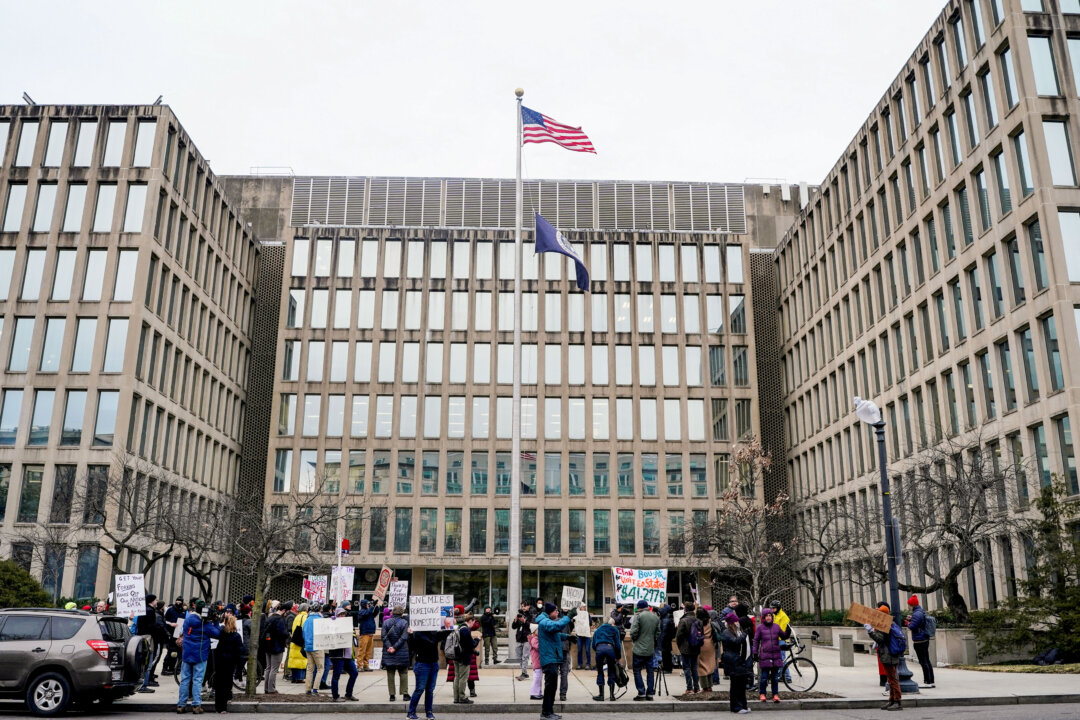




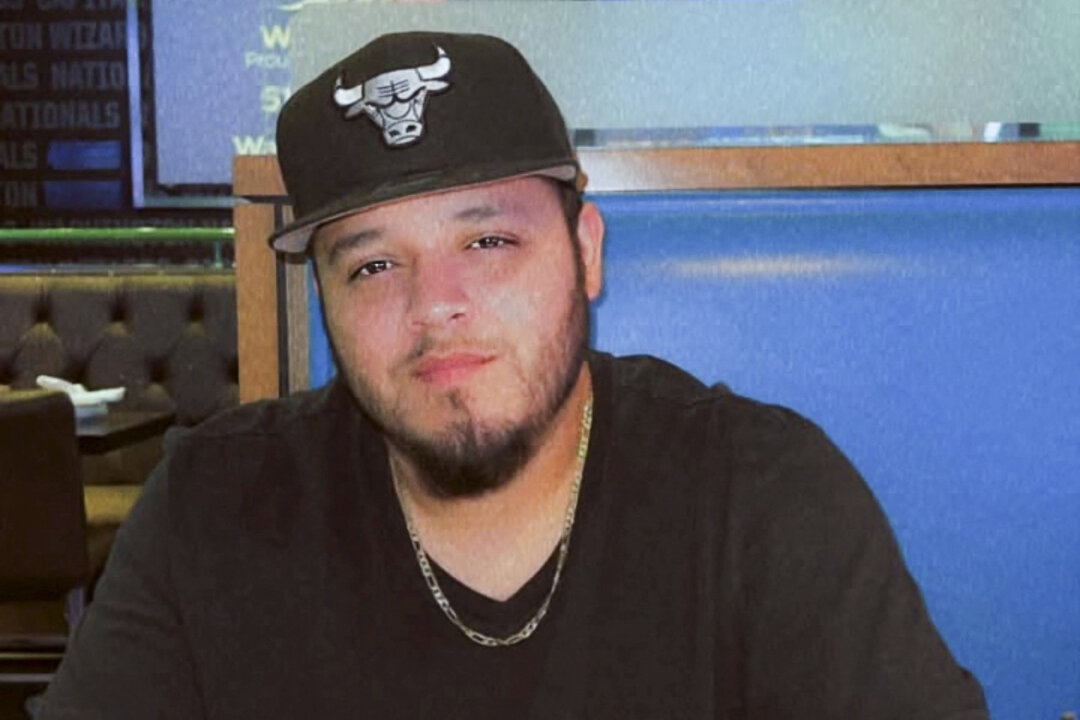
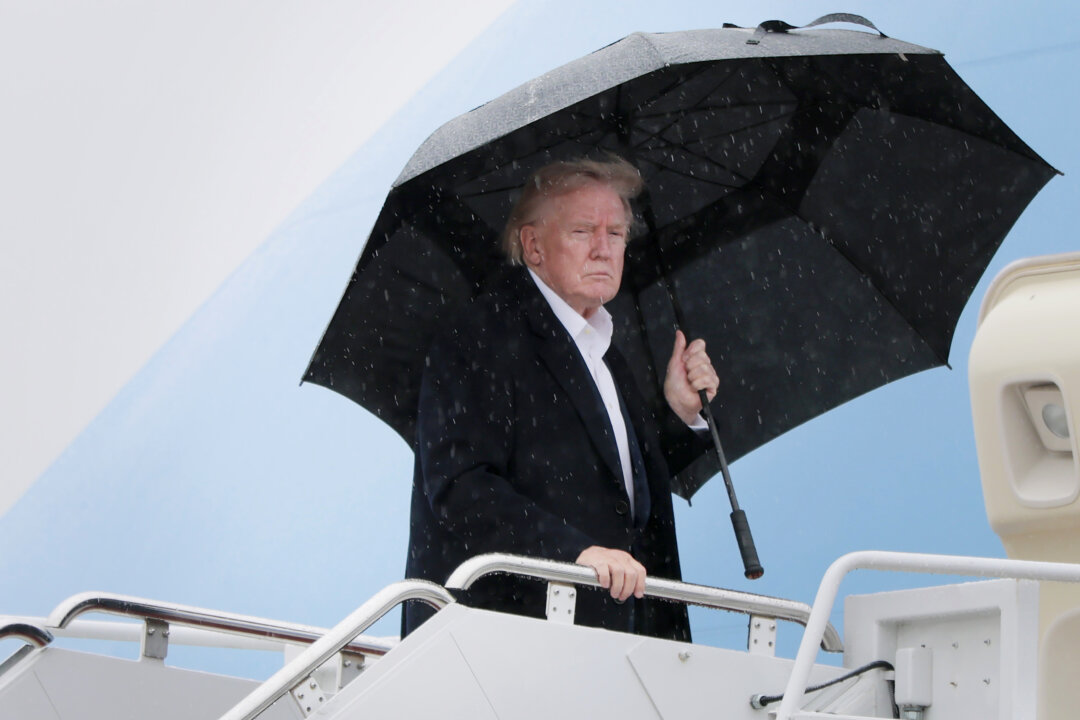
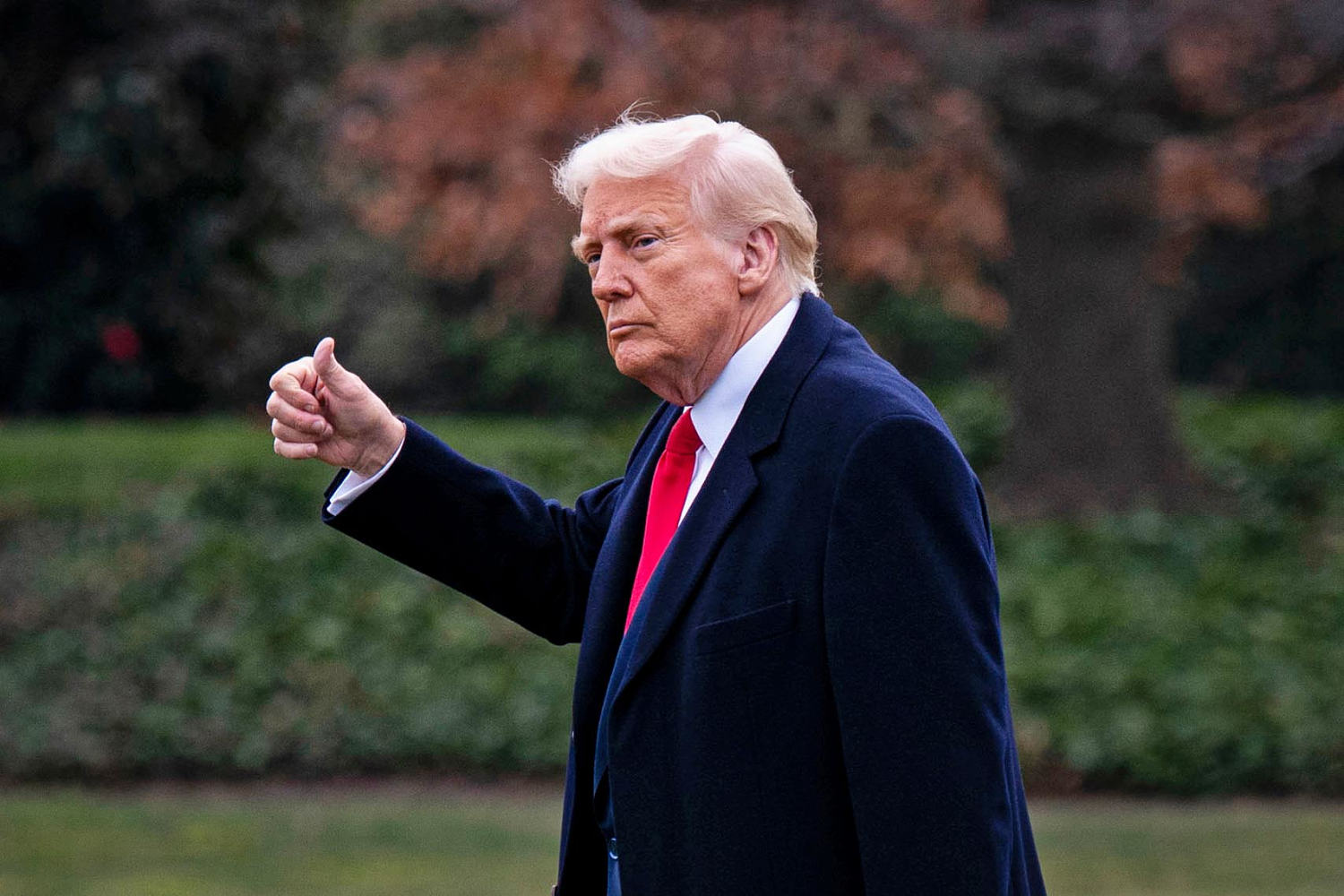

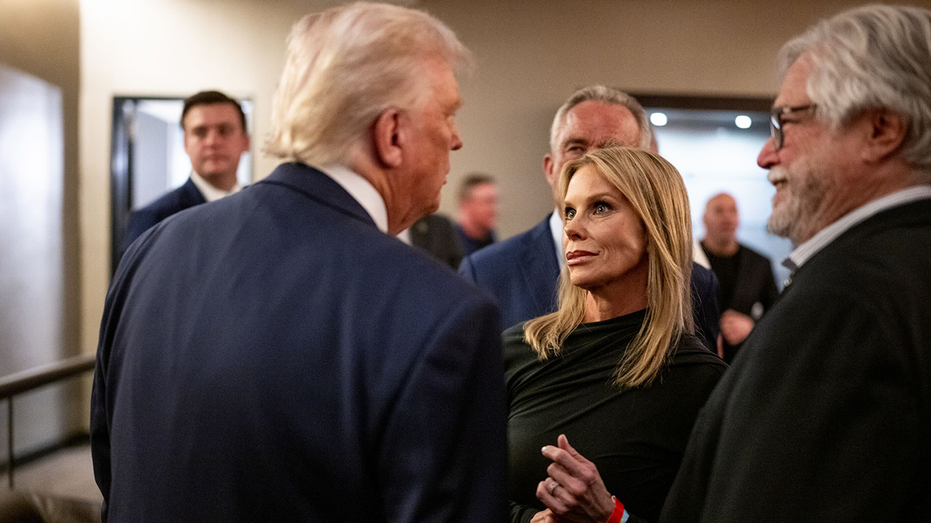
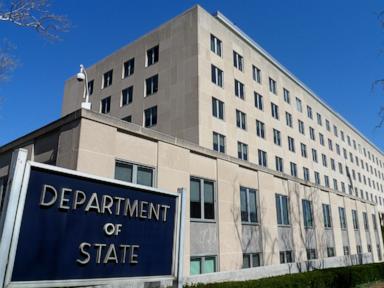


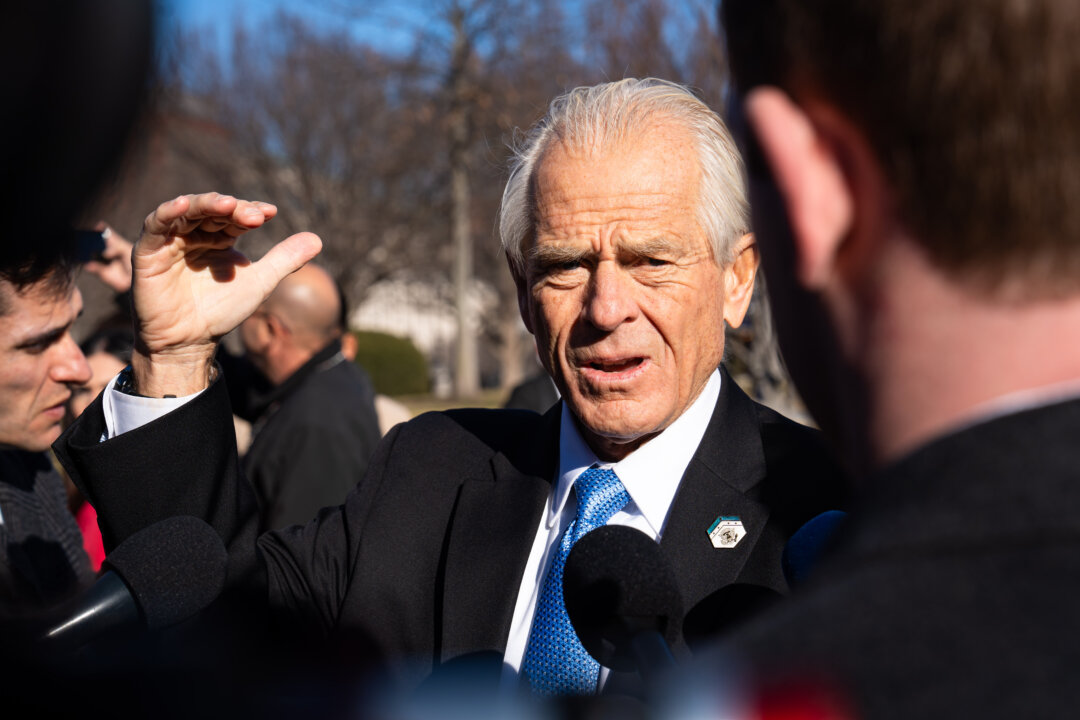
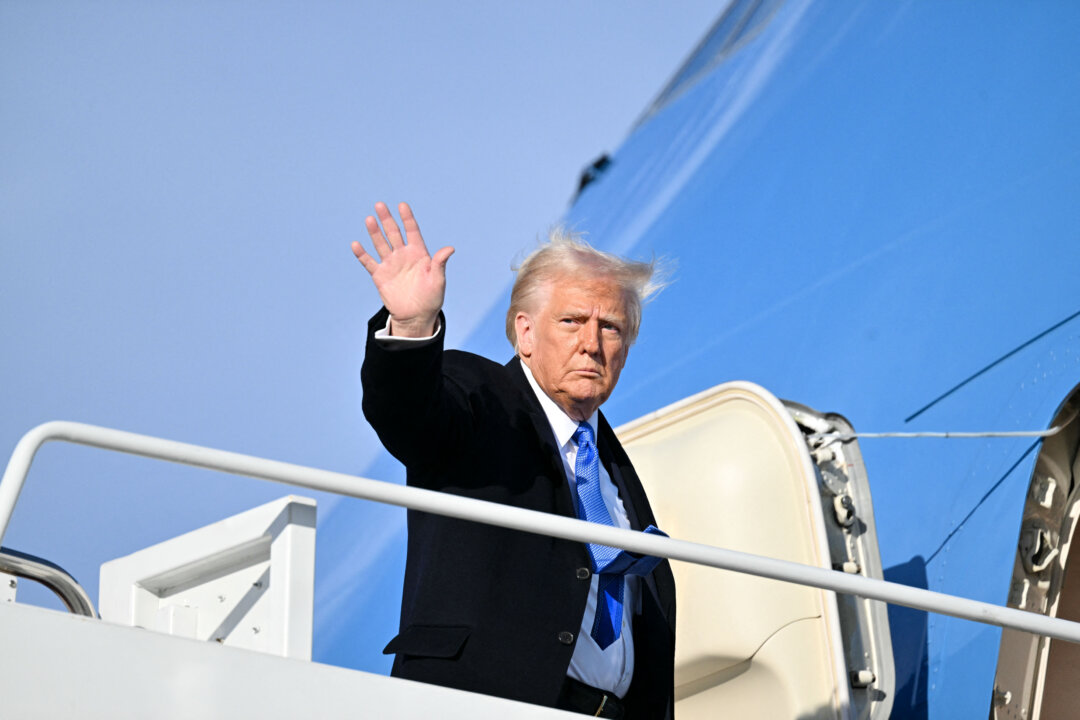
 English (US)
English (US)